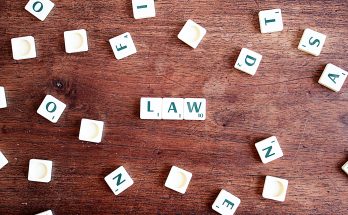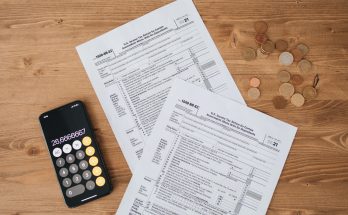“Doing It Yourself Conveyancing” sounds crazy right? Just think about saving all the legal fees from doing your own conveyancing and handling the whole conveyancing process yourself. There are many advantages to DIY conveyancing. However, there are also high risks that you need to bear if you venture into this path.
One of the reasons why the legal world is heavily regulated and is deemed as a professional field is that – It is not easy! If everyone could do the jobs of conveyancing solicitors, everyone should have just done it themselves instead of hiring a legal team to sort it out.
Having said that, finding a good conveyancing solicitor is very important if you looking for someone to take up the legal work for you. Businesses such as My Conveyancing Specialist provide comprehensive legal services for conveyancing online!
When Do I Need A Conveyancer?
To be frank, most of the transactions require a conveyancer as some providers will not work with individual cases, such as a mortgage lender. Most mortgage lenders will require you to have your own lawyer, which makes DIY conveyancing impractical.
Another downside to DIY conveyancing is that the other solicitors might take advantage and even sue you, which results in even higher court fees.
However, you are able to conduct conveyancing yourself legally without being a licensed conveyancer, whether you are buying or selling your property, or from spilling legal jargon to knowing nothing about property law at all. Not gonna lie, it’s a really good way to save money (if you know what you’re doing)
Factors To Consider Before Committing To DIY Conveyancing
Although we still strongly encourage you to look for a professional conveyancer, there are a few things you should take note before conducting DIY conveyancing :
Special Circumstances
If it is a normal transaction, your DIY conveyancing plan might just go as planned! However, if you are facing these situations, you might not be able to save up the legal fees (you have to get professional conveyancers)
- Houses that aren’t registered in the land registry
- Leasehold properties (eg freehold property)
- Properties that are owned by separated couples
Are You Willing To Spend Lots Of Time?
Have you ever seen the legal process to create a contract or a draft contract? Your brain must be boggling so hard because it is so hard to understand! Doing your own conveyancing means you have to draft a contract, collect the required documents, and get to the land registry while also abiding by the rules of the law society. Scary huh?
How Much Are You Saving From Conveyancing Fees?
Do your research on your pricings before venturing into DIY conveyancing as you might be surprised to learn that you might not actually save money but pay even more!
To conveyancing firms, they are only earning money from you through legal fees. Other fees such as land registry fees, stamp duty taxes and etc will need to be paid by yourself.
Insurance
Did you know a conveyancing solicitor is protected by professional insurance? That’s what you will be missing out on if you decided to do your own conveyancing.
If you decided to do your own conveyancing, chances are you will not be covered by any insurance as you are not a qualified conveyancer. You will be prone to huge losses if you make detrimental mistakes on the way.
How Much Do I Actually Save From DIY Conveyancing?
Here’s the range – More Than £100, less than £1000.
As stated above, these are only the solicitor fees, other factors such as disbursement, stamp duty, or local authority search are covered by you. Weigh the prices between a few conveyancing solicitors and find out whether you should get one or not.
Conclusion
Still, we are not recommending you attempt DIY conveyancing, however, if you do, do it in a safe manner and do not rush. Screen through the documents thoroughly before submitting.




